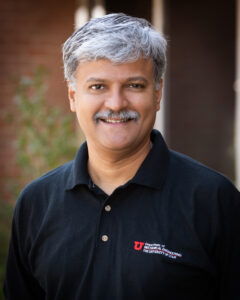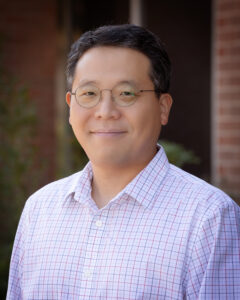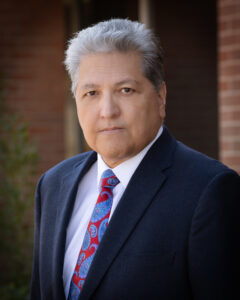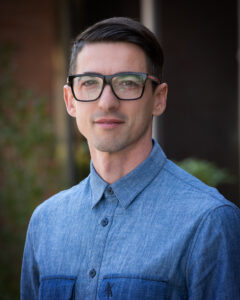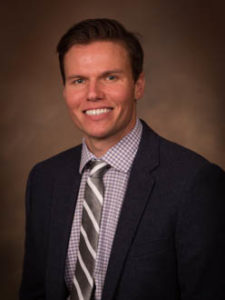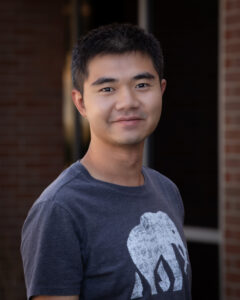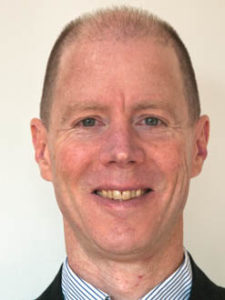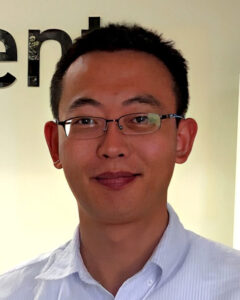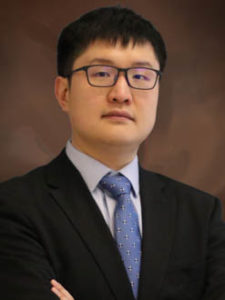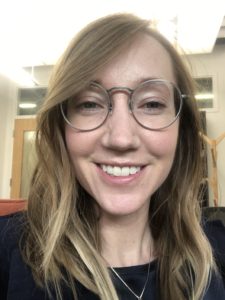Advanced Manufacturing Research and Education in the U’s Department of Mechanical Engineering examines materials produced using innovative technologies, and the leveraging of innovative technologies to create existing and new products. Core strengths include additive manufacturing, materials forming, materials joining, and nanomaterials.
Faculty and Labs
A.K. Balaji
Research interests include sustainable manufacturing, interfaces between materials, mechanics, & manufacturing, and the science of machining processes and modeling of machining performance.
Jiyoung Chang
Lab: Wearable NEMS
Exploring the synthesis of 2D materials, creating novel hetero-structure and fabrication of flexible/wearable devices. Developing micro/nanoscale tools to explore material/mechanical properties.
Elham (Emma) Davoodi
Lab: Davoodi Lab
With a vision to bridge the gap between manufacturing and biomedicine, we are pushing the boundaries of biomaterials and biofabrication. By developing cutting-edge ex vivo, in situ, and in vivo biomanufacturing strategies, we are unlocking new possibilities for biomedical applications. From innovative bioinks and structural designs to advanced 3D printing techniques, our work is striving to create new solutions for tissue regeneration, drug delivery, and bioelectronics, aiming to bring these technologies closer to real-world impact.
Ken d’Entremont
Research Interests include: Product Safety—Consumer Products, Recreational Products, and Innovative Products
Vehicle Dynamics, Safety & Testing.
Tommaso Lenzi
Lab – HGN Lab for Bionic Engineering
Focuses on the intersection of Robotics, Design, Control, and Biomechanics. We invent, prototype, engineer, and test bionic devices and systems to help people move and live independently.
Steven Naleway
Lab – Bioinspired Science and Engineering
Research interests are in the areas of bioinspired design, biological material science, and biomedical materials. Research is ongoing to understand the common structural design elements that are employed by nature to provide impressive mechanical properties and to employ these through a variety of additive and advanced manufacturing techniques.
Shuaihang Pan
Lab – Lab of Advanced Manufacturing (LoAM)
“LoAM” means “a prosperous land, carrying the best wishes for building a platform for insightful engineers and providing solutions for advanced manufacturing design in novel alloys.
Robert G. Parker
Lab – Dynamics & Vibrations
Pursues research that merges academic investigations suitable for publication in leading journals with practical applications. While our primary goal is to pursue research valuable for the broad vibration research community, we select projects that are drawn from engineering applications. We pursue these goals while giving PhD and MS students in the lab academically exciting projects for them to develop their independent research skills and prepare for their future careers.
Yongzhi Qu
Lab – The Utah Lab of Artificial Intelligence Powered Systems
Research on creating machine learning algorithms to model real-world dynamical systems, merging traditional dynamics system modeling with modern scientific machine learning. Applications include manufacturing systems and processes, structure and fluid dynamics, and image processing.
Ashley Spear
Lab – Multiscale Mechanics & Materials
Conducts cutting-edge research at the nexus of materials and structures. We couple materials characterization with high-performance computing and data-driven analysis (including machine learning) to address a wide range of research topics that are especially pertinent to the defense, aerospace, and manufacturing communities.
Pai Wang
Lab – Utah Waves & Architected Materials
The group expertise lies at the multi-disciplinary intersection joining mechanics of materials, computational methods, acoustics and vibrations. Our studies focus on the design of artificially structured materials for wave manipulation. These functional composites are commonly referred to as phononic crystals and acoustic metamaterials – systems with unconventional dynamic properties emerging from their micro-structures instead of their constituent materials. A central theme in this field is the emergence of acoustic/phononic band gaps – a range of frequency in which the propagation of elastic wave is suppressed.
Roseanne Warren
Lab – Advanced Energy Innovations
The mission of our group is to pioneer new nanoscale manufacturing methods that will improve the future of society. Our two primary areas of focus are: 1) electrochemical energy storage devices (batteries & supercapacitors), and 2) micro/nanofluidic technologies for manufacturing and human health applications.
